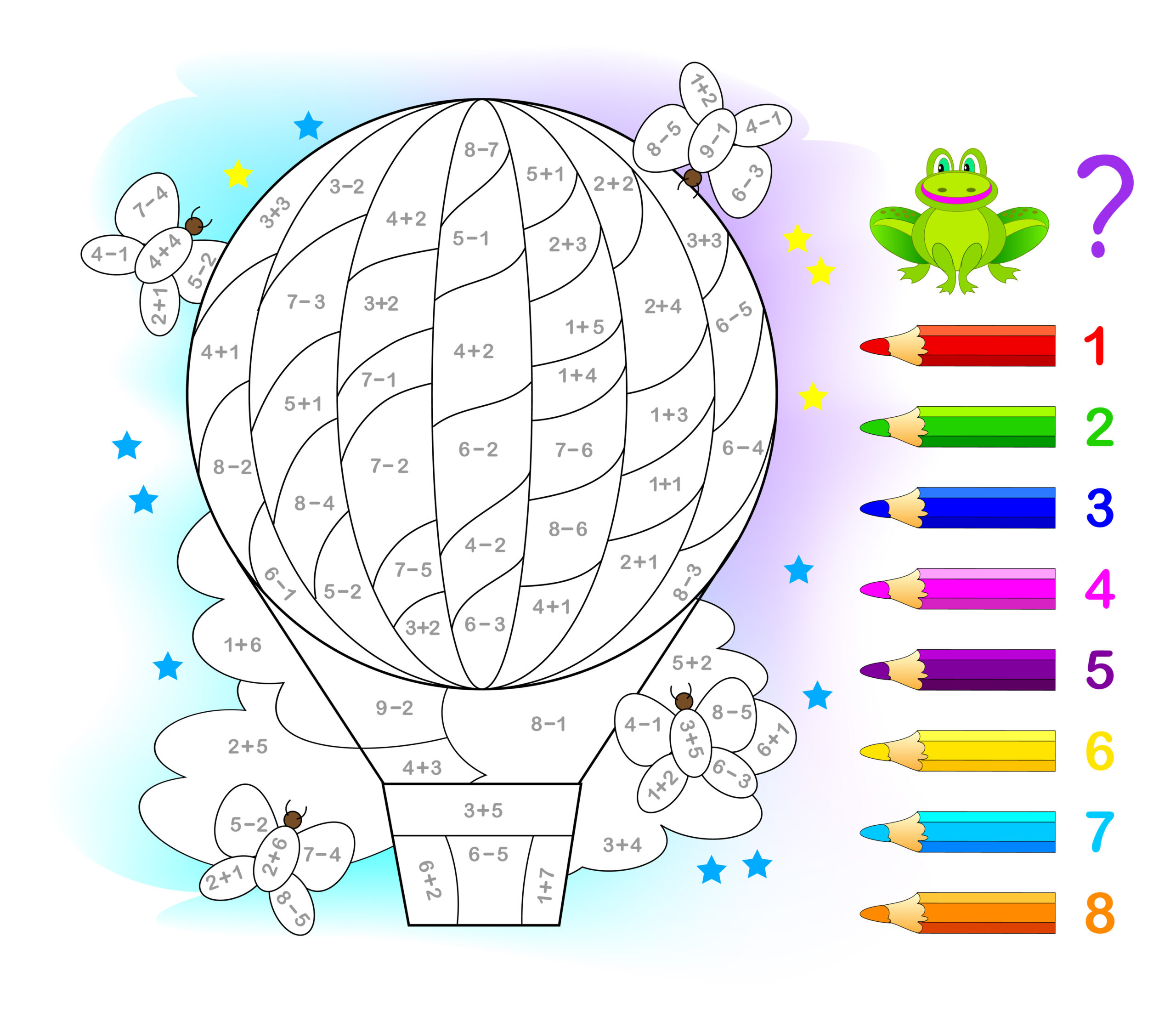The Role of Slow, Rhythmic Music in Reducing Dementia-Related Anxiety
The Role of Slow, Rhythmic Music in Reducing Dementia-Related Anxiety
Dementia is a condition that affects millions of people worldwide, causing significant cognitive decline and emotional distress. One of the most challenging aspects of dementia is anxiety, which can lead to agitation, stress, and a reduced quality of life for both patients and caregivers. In recent years, researchers have been exploring non-pharmacological interventions to manage these symptoms, and slow, rhythmic music has emerged as a promising tool.
### How Music Therapy Works
Music therapy involves using music to promote relaxation, reduce stress, and improve mood. For dementia patients, slow and rhythmic music is particularly effective because it can create a calming atmosphere that helps alleviate anxiety. This type of music often includes gentle melodies and soothing rhythms that are easy to follow, making it accessible even for those with cognitive impairments.
### Benefits of Slow Music for Dementia Patients
1. **Reduces Anxiety and Stress**: Slow music can help calm the mind and body, reducing feelings of anxiety and stress. By creating a peaceful environment, it encourages relaxation and can improve overall emotional well-being.
2. **Improves Sleep Quality**: Many dementia patients experience sleep disturbances, which can exacerbate anxiety. Slow music can help improve sleep quality by promoting a restful state, leading to better rest and recovery.
3. **Enhances Cognitive Function**: While dementia is irreversible, music therapy can help improve cognitive function by stimulating memory recall and enhancing focus. Nostalgic music, in particular, can evoke positive memories and emotions, further improving mood and cognitive engagement.
4. **Fosters Social Interaction**: Music therapy sessions often involve group activities, which can encourage social interaction among patients. This social engagement is crucial for maintaining emotional connections and reducing feelings of isolation.
### Nostalgic Music Therapy
Nostalgic music therapy combines music with personal or cultural experiences to evoke positive memories. This approach has been shown to improve cognitive function, alleviate negative emotions, and enhance sleep quality in patients with mild to moderate Alzheimer’s disease. By incorporating traditional music and activities, nostalgic music therapy creates a sense of familiarity and comfort, making it easier for patients to connect with their past and present.
### Implementing Music Therapy
Implementing music therapy is relatively straightforward and can be done in various settings, from clinical environments to home care. Caregivers can play slow, rhythmic music during daily activities or use it as a tool for relaxation before sleep. Additionally, music therapy sessions can be conducted by trained therapists who specialize in using music to support dementia care.
In conclusion, slow, rhythmic music plays a significant role in reducing dementia-related anxiety by promoting relaxation, improving sleep quality, and enhancing cognitive function. Its accessibility and non-invasive nature make it an ideal complement to traditional treatments, offering a low-cost and effective way to improve the quality of life for dementia patients and their caregivers.





